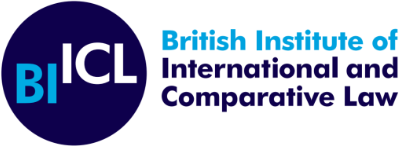Teaching International Law
Call for Proposals (Extended Deadline: 4 May 2020)
The practice of teaching international law is conducted in a wide range of contexts across the world by a host of different actors - including scholars, practitioners, civil society groups, governments, and international organisations. It is somewhat surprising, therefore, that reflections and collaborations on the practice of teaching international law remain relatively rare.
In recent decades, notable contributions concerning international legal pedagogy include: comparative analyses of how different national communities of international lawyers construct their understanding of international law, regional and national reflections on the teaching of international law, critical perspectives on the politics of teaching international law, as well as reflections on the professionalisation of international legal education, teaching techniques, and the use of new technologies for teaching international law. Initiatives such as the European Society of International Law's Teaching Corner, a bottom-up exchange of educational and pedagogical teaching materials, also signal a growing appetite for collaboration in this area.
Against this background, a group of international law teachers have formed an Organising Committee to convene a British Institute of International and Comparative Law Webinar Series on Teaching International Law.
The Organising Committee invites all those engaging with the teaching of international law from around the world to share their experiences and critically reflect on current practices of teaching international law. The aim is to foster reflection and discussion amongst the plurality of actors that teach international law across different contexts, traditions, and perspectives. Reflections may focus on general courses of international law or more specialised courses - including courses concerning particular branches of international law (e.g. environmental law, investment law, trade law, human rights law, humanitarian law, or international criminal law) or cross-cutting themes (e.g. non-state actors, inequality, technology).
